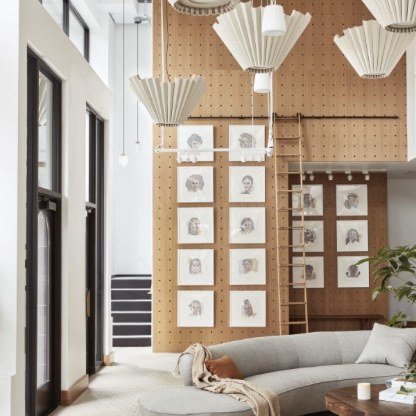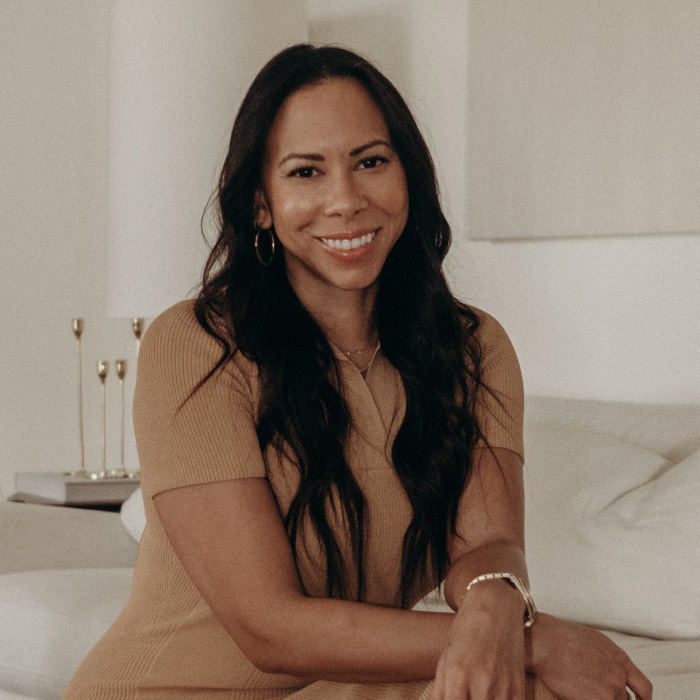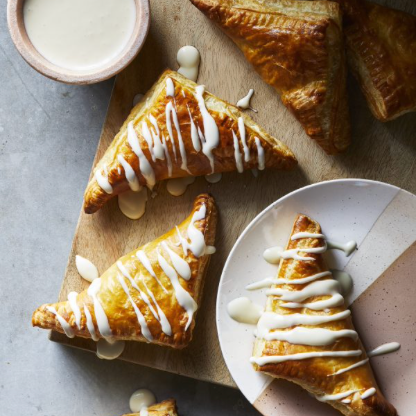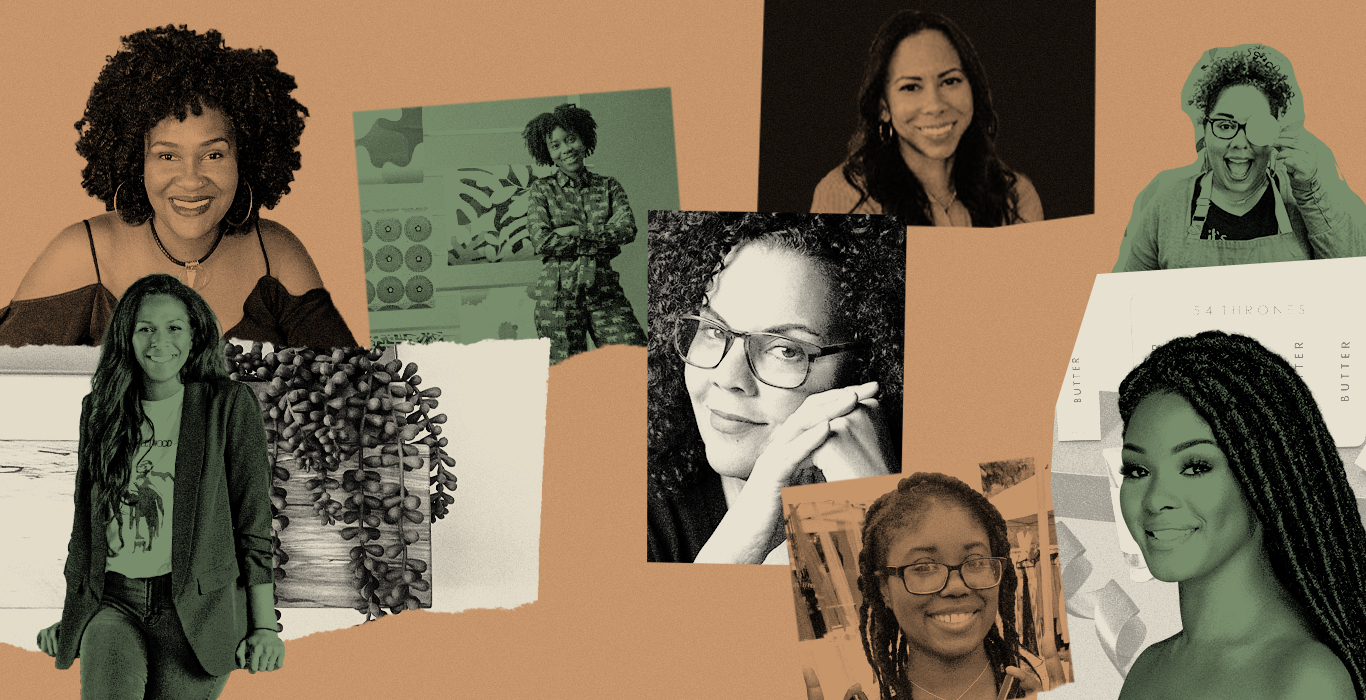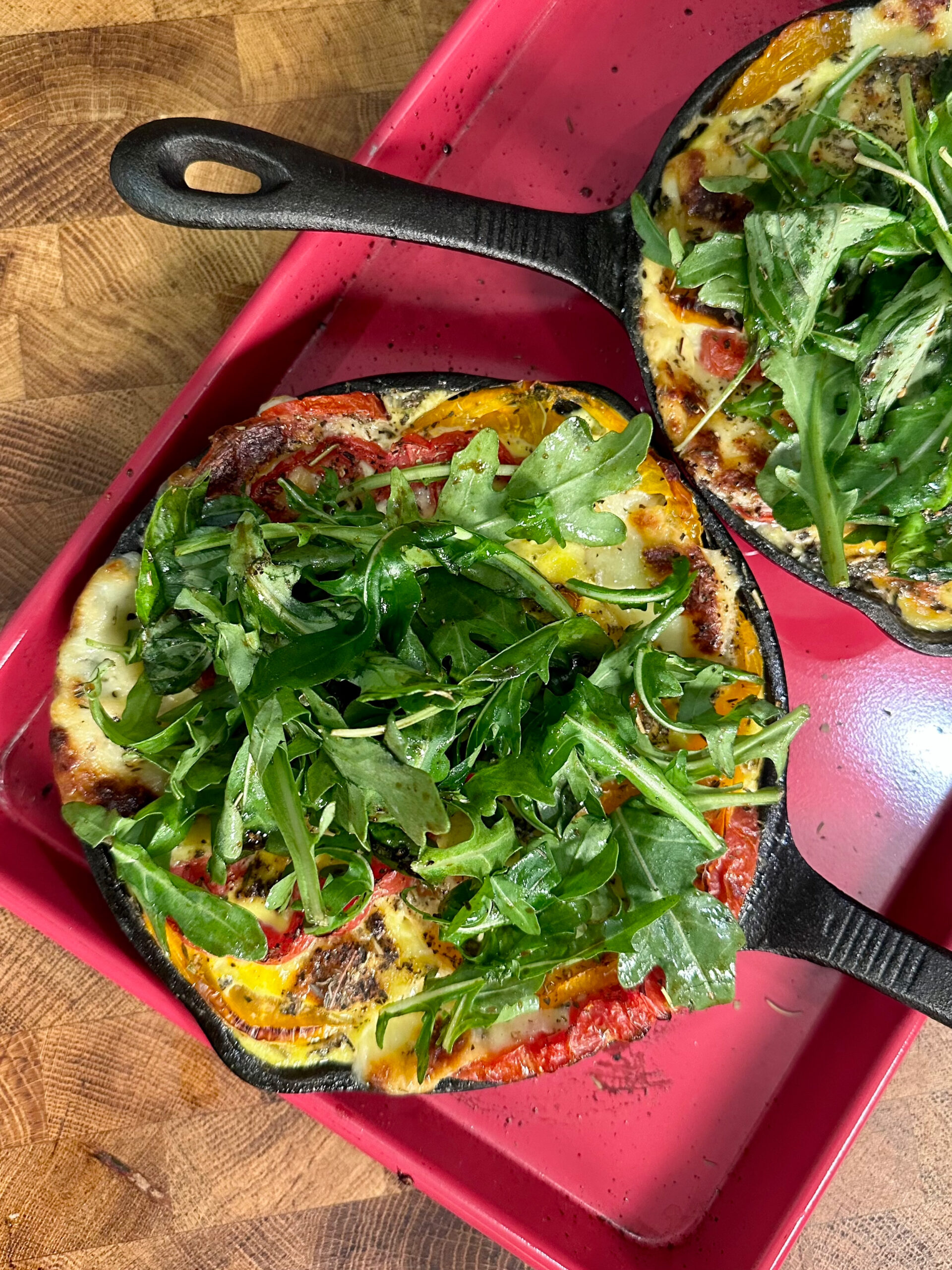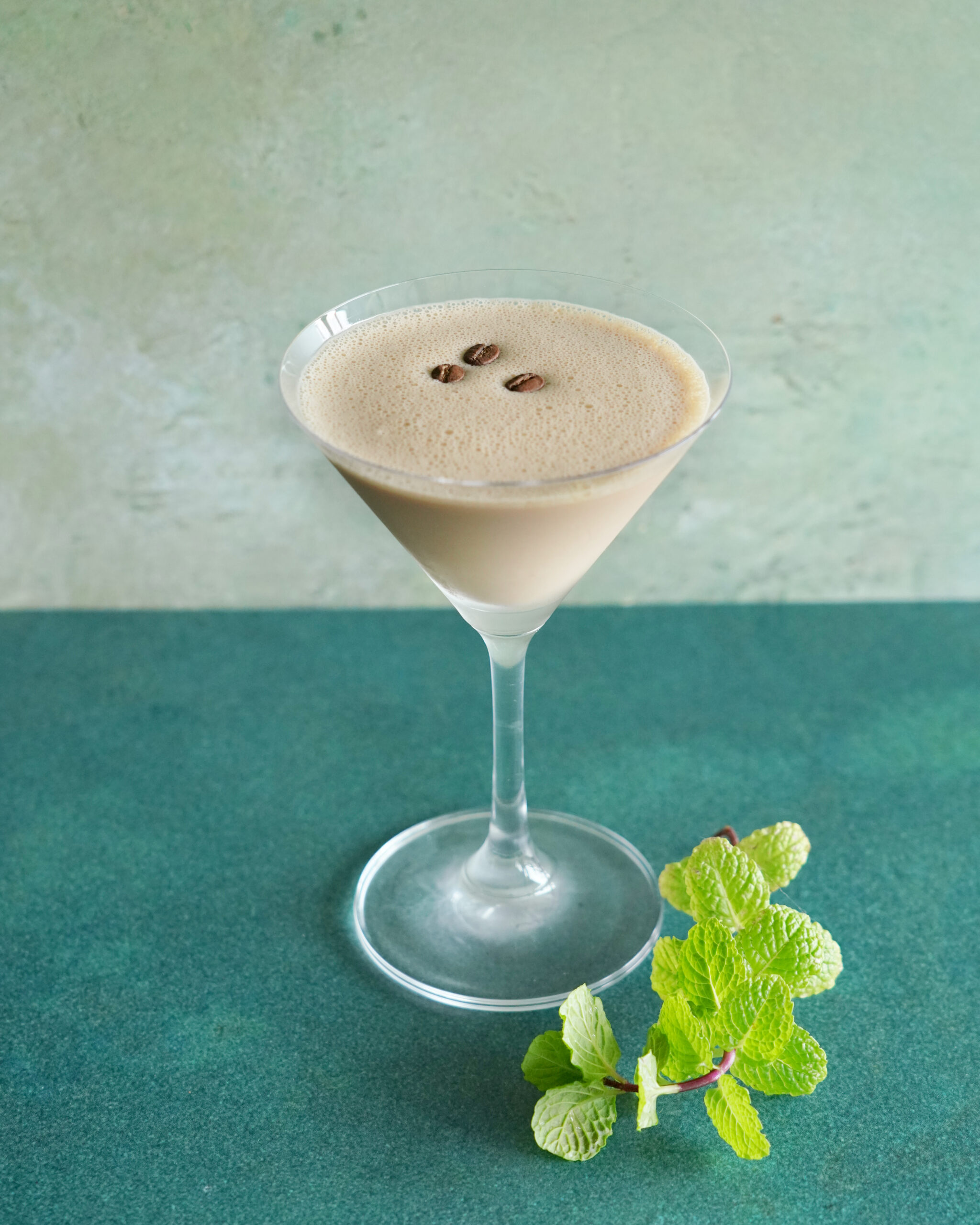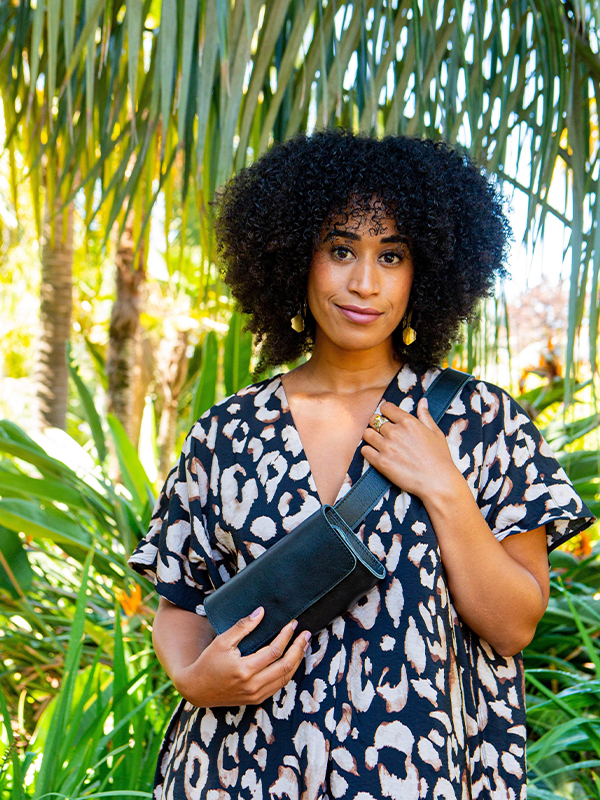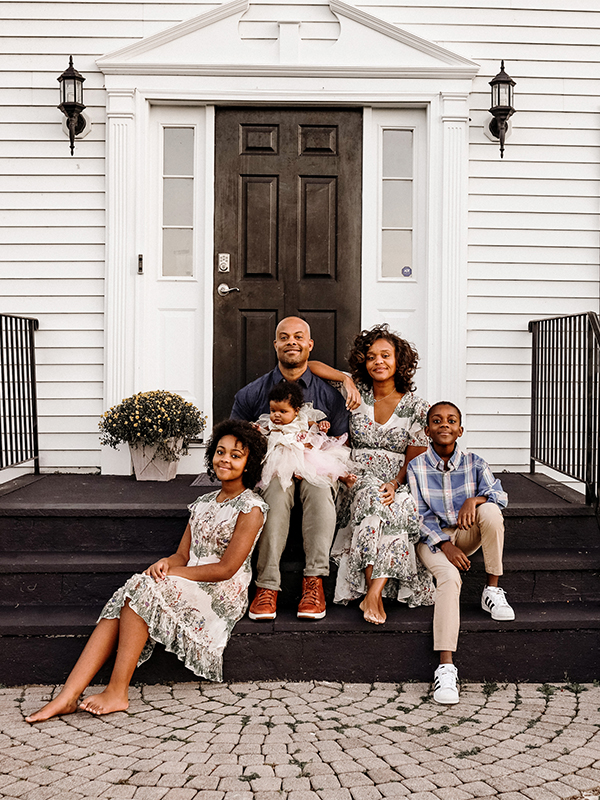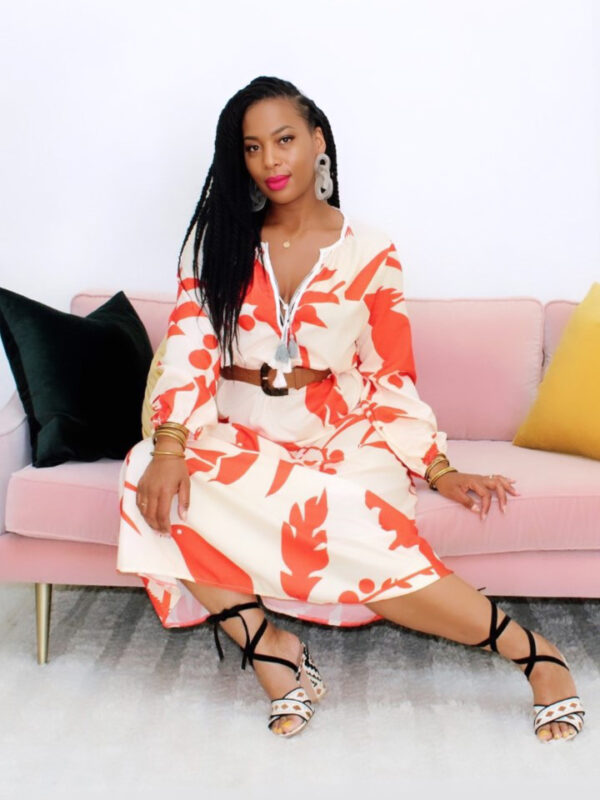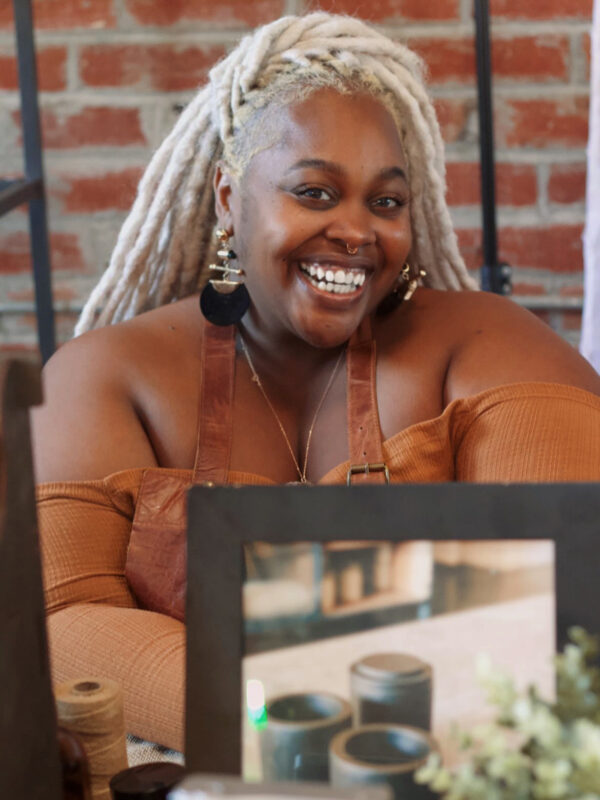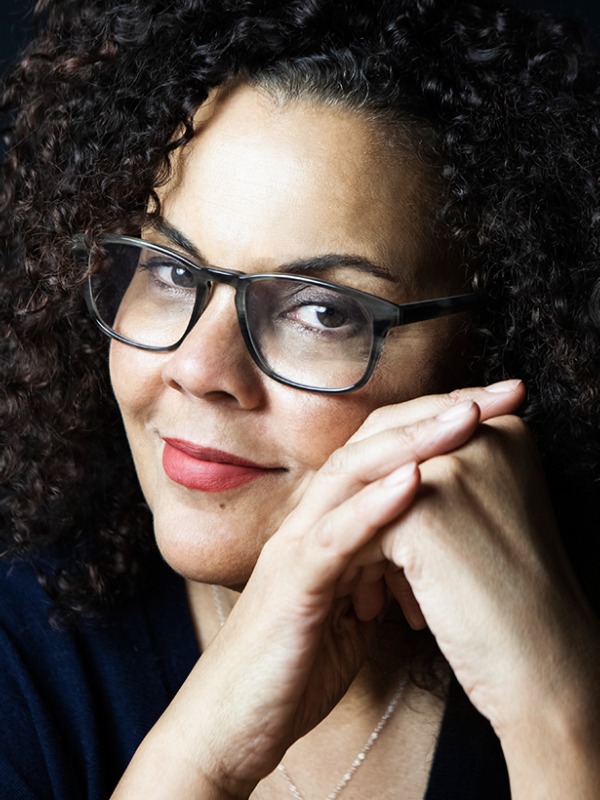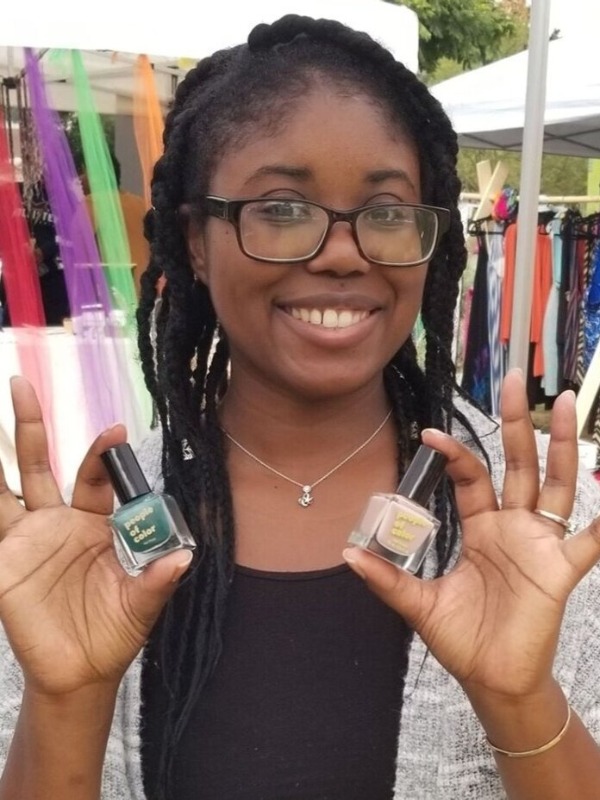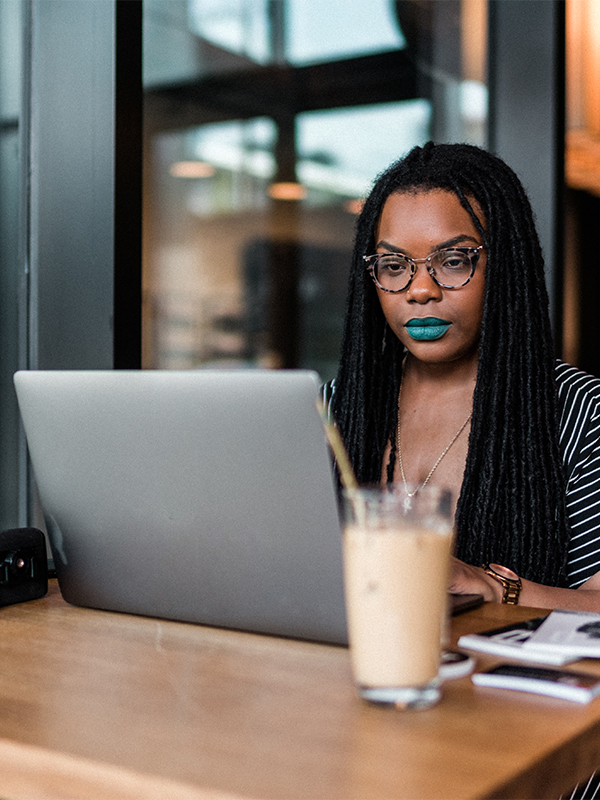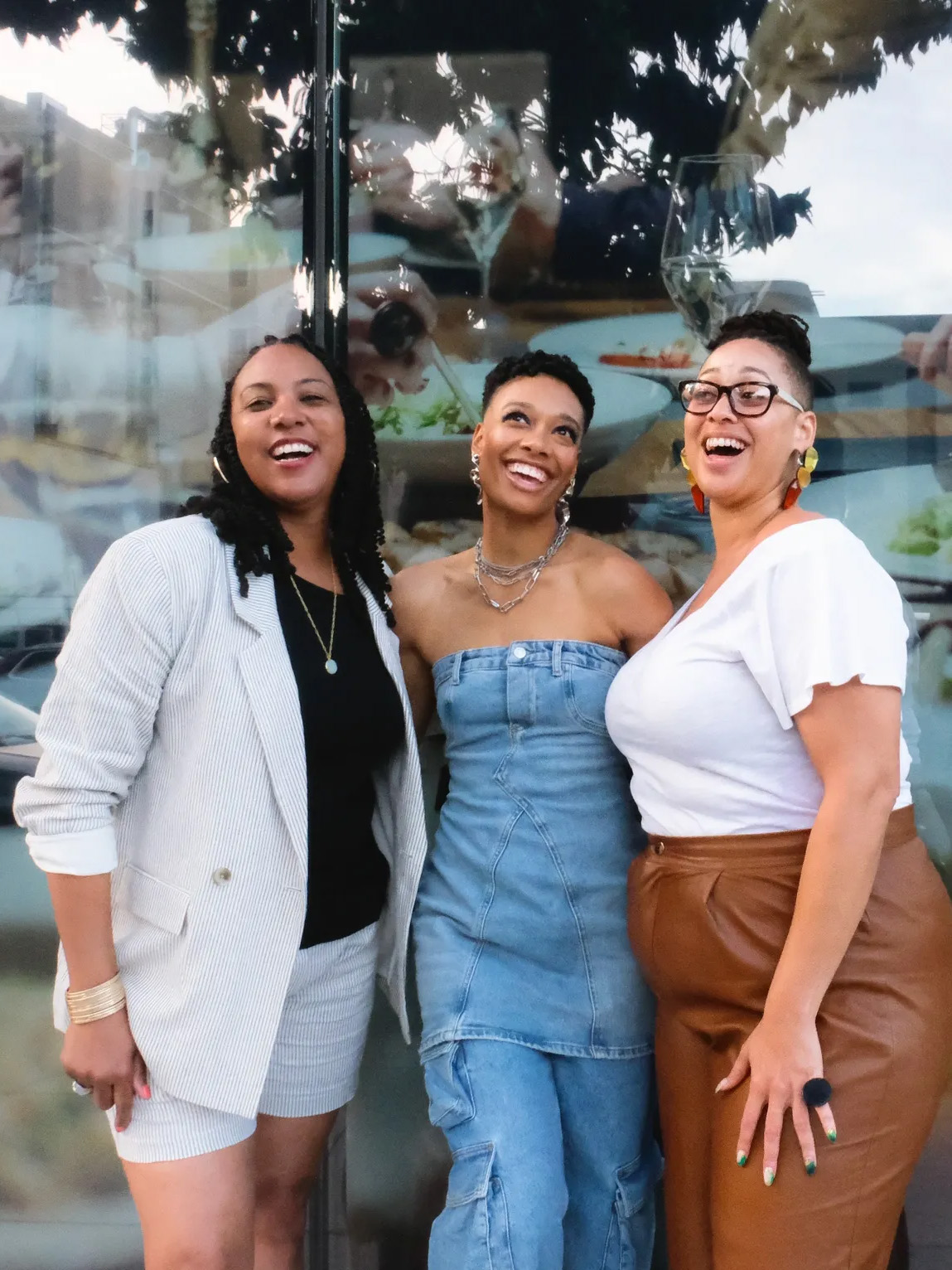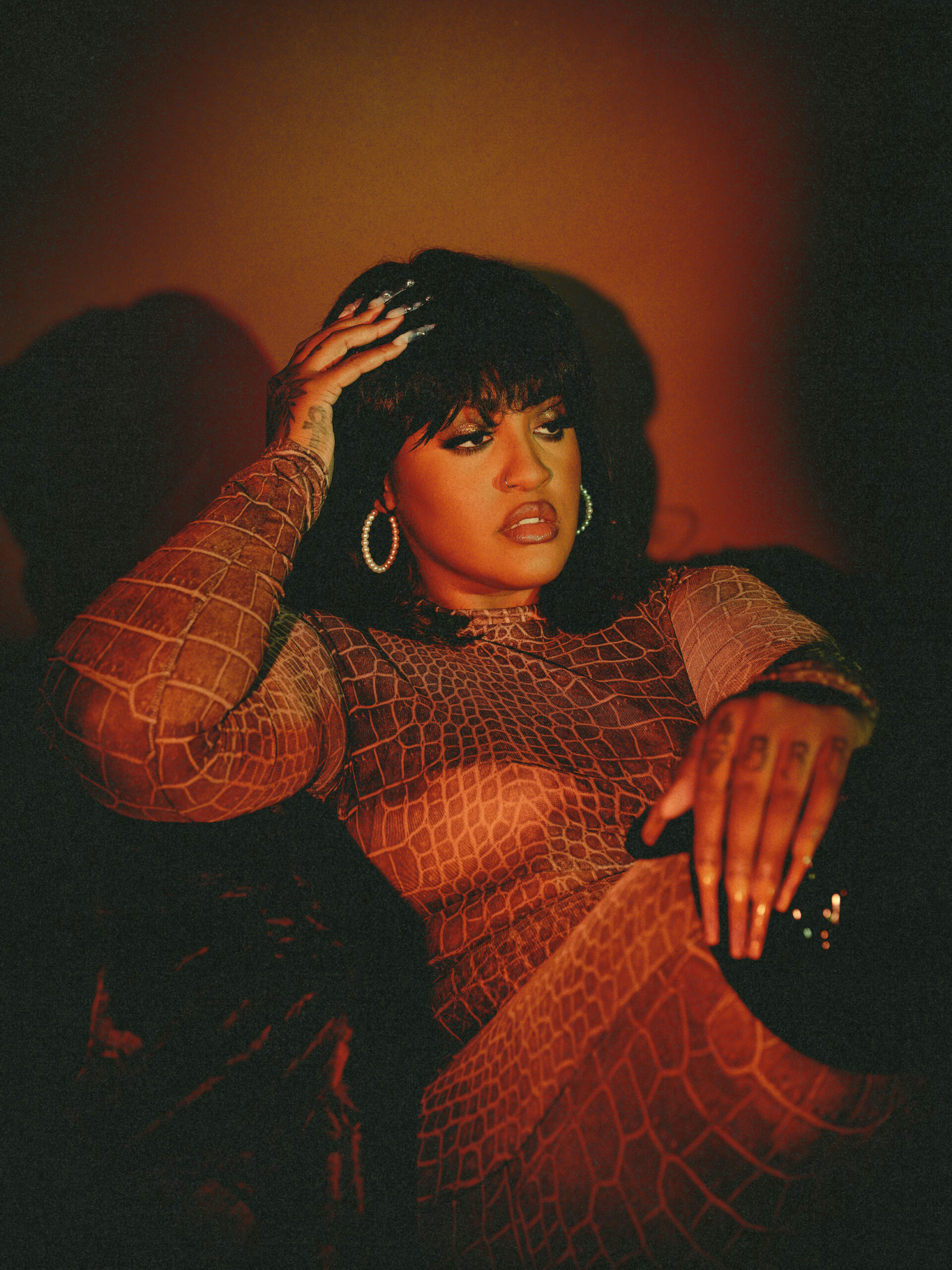To honor National Black Business Month, we chat with some of the Black female-owned brands featured in the Sweet July store.
On practicing individuality and self-expression:
“To me, self expression is a necessity for your breath of life. You have to be able to create and inspire other people and show the world your creations. You want to invoke individuality in a world of duplicates.” – Candice Cox, founder of CanDid Art.
“I just make sure that my voice is heard throughout any product I touch. I want to make sure that my voice is loud.” – Ashley Fouyolle, founder of UNWRP.
On shaking up historically monotonous industries:
“I wanted all the shades of brown skin to be first thought when picking out the colors. And so our collections tell the stories and celebrate people of color through the nail polishes.” – Jacqueline Carrington, founder of People of Color Beauty
“As I’m maneuvering through this children’s industry, I’m realizing that kids need to see themselves in clothing.”
– Candice Cox
“I’m a Black girl from Brooklyn, and I want to see myself in the product…that way every little girl after me, she has someone to look up to and someone to idolize.” – Ashley Fouyolle
“As I’m maneuvering through this children’s industry, I’m realizing that kids need to see themselves in clothing. You want children, especially Black kids, to say ‘Wow, this is wonderful and I can wear myself.’ It sparks this creativity and individuality.” – Candice Cox
On advice for aspiring entrepreneurs:
“[My company] ended up being something wonderful, but it took a lot of missteps and mistakes. The biggest lesson to learn is learning from those mistakes and just continuing to grow. No path is paved evenly. You just have to continue to learn and grow and ask questions and learn from people and continue to just give it your best. And get a really good CPA team. You can figure the rest out—the creative, the marketing, all of those other things. But the finances, the books—you need people for that. Hire your weaknesses.” – Chari Cuthbert, founder of BYCHARI.
“The lesson was learning how to say no. That every opportunity is not for your brand.” – Jacqueline Carrington
“If you can, [learn] on someone else’s dime. I would strongly suggest working for someone before [starting your own company]. I worked for a big retailer, and I learned so much on the job that was so helpful to me in starting my own company. I already knew how to source products, I already knew how to put a collection together, how to display things for a trade show and all those things that otherwise could be an extremely steep learning curve.” – Johanna Howard, founder of Johanna Howard Home
“The lesson was learning how to say no. That every opportunity is not for your brand. You really have to take the time to make sure that whoever you’re partnering with—whether it be a retailer that you might work with, even another small business—aligns with your mission and even that your audience demographics align. Learning to say no was my biggest lesson.” – Jacqueline Carrington
“One of the things I’ve learned is not to be afraid to pivot. When you start, you can get to the point where you’re so married to your idea to where you don’t realize that it’s not working. My brand today does not look like what it looked like when it started in 2016. You have to be able to pivot, to be flexible. But I always knew that I wanted to add value. A lot of times you have to do something different, or do something in a different way.” – Christina Tegbe, founder of 54 Thrones
On the importance of brand storytelling:
“When I was growing up, my parents took the time to teach me about African kings and queens beyond Nefertiti and Cleopatra, and I wanted our brand to also share that with people who might not have gotten that knowledge growing up. I wanted to work firsthand with the people that I had met [from] traveling around many different African countries. I wanted to make sure that we’re telling stories accurately and making sure we’re attributing these African beauty secrets to the actual people who have been using them for generations. So all of that is a reflection of what I wanted people to experience and how I want them to feel when they try our products.” – Christina Tegbe
On lessons from challenging times:
“2020 was a challenge. Prior to COVID, we did a lot of pop-up events. Once the lockdown happened, all of the pop-up events ended. I really thought that would hinder my business. I wasn’t sure what my next move would be. But I just realized that my support system is so much greater. My support system is still going to go online and scream loud and proud ‘UNWRP is the difference, you need to shop this, you need to support.’ So, while 2020 was a questionable year, it was also our most successful year. That’s just a constant reminder that your support system is going to see you through even if you don’t see the light.” – Ashley Fouyolle
On creating lasting legacies:
“For BYCHARI, our legacy is continuing to help women get through moments in time whether it’s happy, sad, or celebrating moments in life.” – Chari Cuthbert
“We’re a husband and wife team and we have a daughter Rose, and she actually has her own candle company that’s actually being sold at Sweet July. So that’s our legacy. She’s been coming to trade shows since she was 7 years old and early on just saw us do the hustle. That inspired her to start her own company.” – Johanna Howard
“I would want my legacy to be to create opportunities for Black women.” – Ashley Fouyolle
“The legacy that I want to leave is one that is nonconforming. [What I] learned from my dad who was an entrepreneur—and I hope my daughter remembers from me—is that even if people don’t understand it and even if you feel like they might not accept it, do it anyway. If you love it, I feel like people will love it too. We’re planting seeds, and the next generation can grow them.” – Candice Cox
“When we think of legacy, we think that we have to make this life-changing impact on the whole world all at once, but if you impact the people that are closest to you and who you meet along the way, your impact on them impacts people that they meet and it just continues. I just want people to feel confident and happy and know that they’re seen when they wear People of Color nail polish and when they see the colors and read the stories and the names behind the polishes.” – Jacqueline Carrington
“When I think of 54 thrones, I think of the people that came before me. I think of my grandmothers and their mothers. I think of their prayers for me before I was even born and then I also think of the young Black and Brown girls that are going to come after me. When I do things now, I try to do things intentionally so that I can make the people before me proud, I can make the people that are going to come after me proud. I think of really being intentional in my actions, through the brand and through myself. You can build and set up that legacy everyday.” – Christina Tegbe
“I would want my legacy to be to create opportunities for Black women. I’m always looking for opportunities to either partner or work with or hire Black women, so I just want to continue that work. I also just want to represent the underrepresented. I want to make sure that Black art is represented and Black art is the norm, instead of just a phase.” – Ashley Fouyolle

